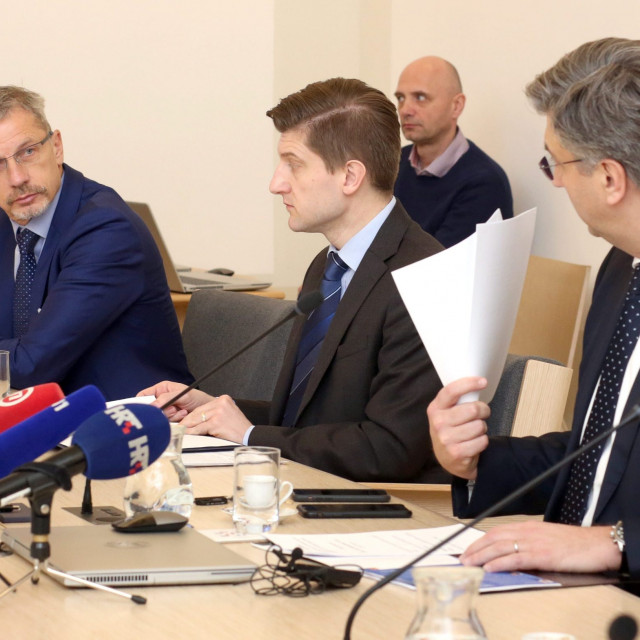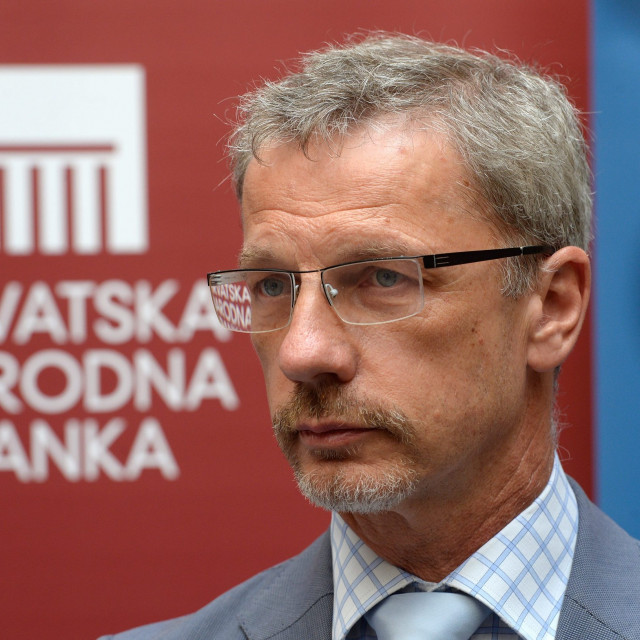
The rising uncertainty and fear of a swift spread of the pandemic as well as the measures introduced to contain it resulted in highly volatile international financial markets in late February and March.
Increased pressure on the exchange rate as well as on the securities market has left a mark on trends both in developed and emerging markets, including Croatia. At the end of March, the euro-kuna exchange rate was 2% higher than at the end of February and yields on sovereign bonds and the risk premium also increased.
Since early March, the HNB has launched numerous monetary policy measures, maintaining the liquidity and stability of the financial system.
In March, it made five interventions on the foreign exchange market and several direct transactions, selling banks a total of €2.5 billion. The HNB also released HRK 3.8 billion to banks in a structural operation and HRK 1.85 billion in regular ones.
The required reserves rate has been reduced from 12% to 9%, increasing banks' available funds by HRK 6.33 billion. In order to maintain stability on the sovereign bond market, at the end of March the HNB bought state securities totalling a nominal HRK 4.29 billion.
The annual grown of bank lending increased to 4.8% in February as a result of higher lending to non-financial companies, while the annual growth of household lending mildly slowed down.





Za sudjelovanje u komentarima je potrebna prijava, odnosno registracija ako još nemaš korisnički profil....